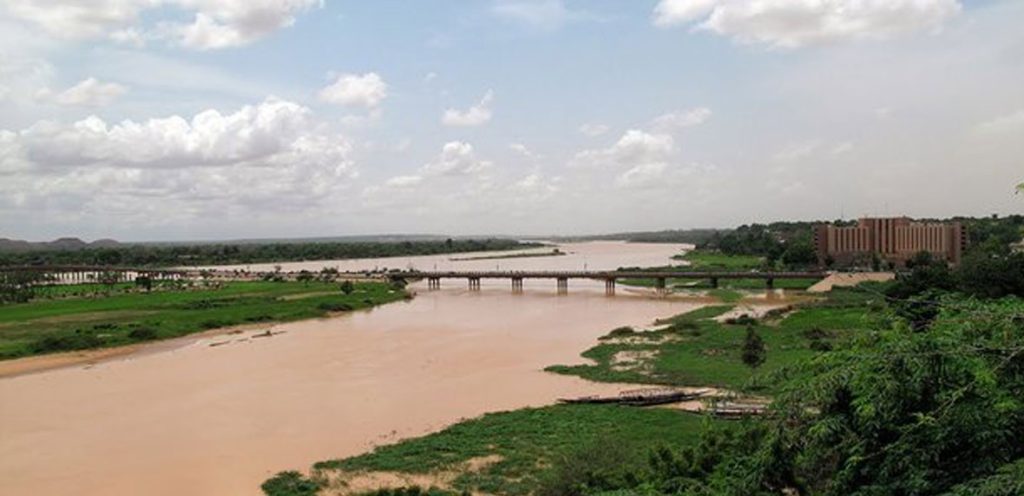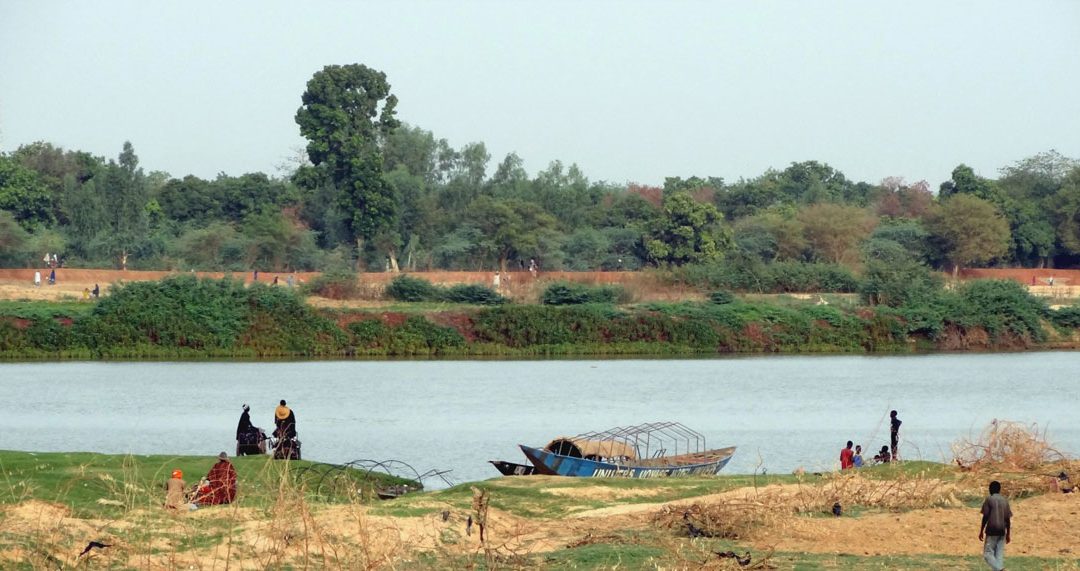The Minister of Hydraulics and Sanitation, Prof. Issoufou Katambé, presided over the regional workshop for the launch of the Regional Project “Improving IWRM, Management, and Governance in the Niger Basin and the Iullemeden-Taoudeni-Tanezrouft Aquifer System (ITTAS)” on May 20th in Niamey. The project, funded with $14 million by the Global Environment Facility (GEF) and implementing agencies including UNDP, UNEP, and UNIDO, aims to improve the management, governance, and conservation of knowledge-based resources in the Niger Basin, as well as support communities and enhance ecosystem resilience.

With a planned duration of five years, the ITTAS project adopts a holistic, integrated, and diversified approach to preserve, restore, and develop basin resources in the context of sustained population and economic growth. This project has been made possible through the financial support of the Global Environment Facility (GEF) and the technical assistance of UNDP and UNEP. It aligns perfectly with the priorities of the Action Plan for Sustainable Development and the Strategic Action Plan for the Niger Basin. The comprehensive, inclusive, and innovative design of the project allows it to address the major challenges currently facing the basin, and promises significant success in its implementation. Strong partnerships and commitments will be established among the ITTAS member states, implementing partners, civil society organizations, and the private sector.
According to the Minister of Hydraulics and Sanitation, the launch of ITTAS marks a new era for the sustainable development of the Niger Basin. Prof. Issoufou Katambé estimated that the results derived from the project will contribute to further improving the preservation of ecosystems, livelihoods, trade, jobs, income, and living conditions of the population. He emphasized that the countries in the basin are currently facing various challenges, such as resource degradation, extreme climate change, population growth, and insecurity. He assured that they are determined to work with the Niger Basin Authority and the Sahara and Sahel Observatory (OSS) to promote a common goal of sustainable resource development and economic prosperity within the basin.
To achieve this, he emphasized the need to focus on three important elements essential for the success of the project: improving knowledge about the basin, particularly in terms of surface and groundwater hydrology, the impact and dynamics of climate change on basin resources, and the use of basin resources and associated risks, including land degradation. Additionally, pollution and changes in water quality within the basin need to be monitored due to the continuous growth of industrial, agricultural, mining, and other related activities. Furthermore, the operationalization and implementation of certain priorities of the Action Plan for Sustainable Development and the Strategic Action Plan will be realized through this integrated project.
In his welcome address, Mr. Abderahim Birémé Hamid, Executive Secretary of the Niger Basin Authority, ensured that the BN-ITTAS Project would also collaborate with the active private sector in the basin to reduce pollution load within the hydrological system of the Niger Basin through the adoption of best practices and new technologies. He acknowledged that the Niger Basin Authority and the Sahara and Sahel Observatory alone cannot bring about all the necessary changes for the management and sustainable development of basin resources. Therefore, the project will support national policies, institutions, and civil society platforms for ecosystem-based management of the Niger River. ITTAS will promote the full participation of all stakeholders to ensure the project’s success for the benefit of the population.
Mr. José Herman Wabo, Deputy Resident Representative of UNDP in Niger, explained that the project consists of four components: the promotion of joint management of groundwater and surface water; the sharing of responsibilities and benefits with local communities and civil society for the preservation of basin resources, including groundwater;


